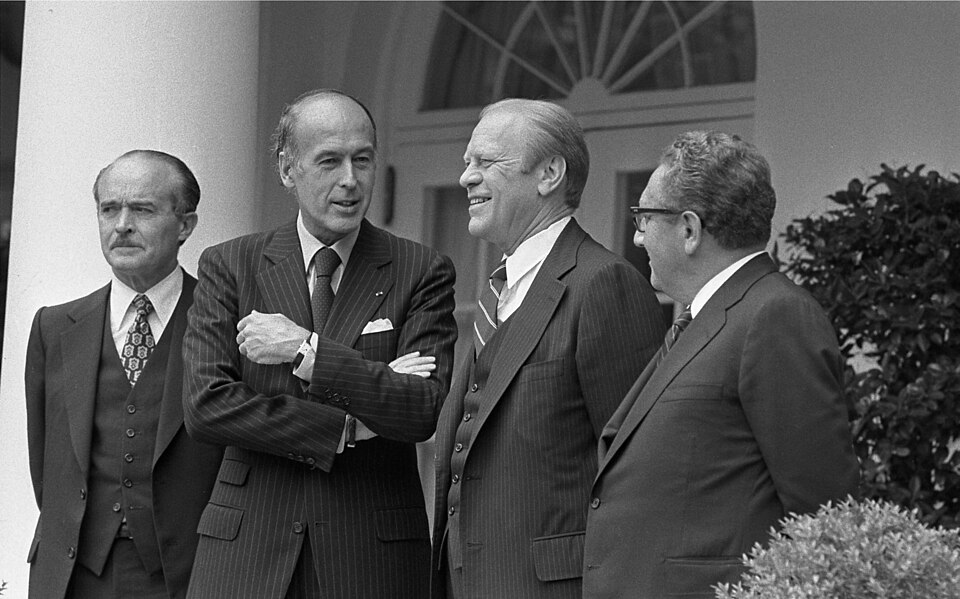Editorial
The end of the year 2011 leaves the French defence forces, and especially their personnel, with the satisfaction of having done their job pretty well in the face of the diverse and difficult demands of their operational deployments. The heroes of the hour, sadly, are the dead and wounded, so often unknown to many but forgotten by none of their service colleagues, who rightly close ranks in mutual support. In parallel, the forces have been undergoing continual adaptation to respond to the urgency of operational requirements—in logistics, equipment, ad-hoc and tactical re-organisations. The French defence machinery is turning in an environment of change and proving itself capable of absorbing the changes necessary to support the military needs of the country.
And yet the broader systemic crisis that grabs most of the headlines from one day to the next is having its perverse effect on defence and security, and is raising questions as to what should be the nation’s military posture, the resources allocated to it, its extent and its size. The crises in the Eurozone and sweeping across the Mediterranean coastline of Africa are having their effect. On which of these should we concentrate? Politicians looking ahead to the elections in 2012 have no option but to give some answers to the many questions raised, or implied by these crises, difficult though they may be; the least we can expect is a new conservative cure based on budgetary austerity—but then we have had many such ‘new’ cures over the past twenty years—though it is unlikely to be well-adapted to current strategic challenges in the absence of any medium to long-term vision of a global strategic framework. Matters are made worse for the voting public by the sad lack of public strategic debate in this country (in the non-specialised media, at least), which allows these same politicians to avoid the more penetrating questions, thus in turn avoid giving answers that risk revealing their lack of policy on these issues. But is the broader public interested? Despite the pressing need to consider our vulnerabilities, priorities and projects for the future, the early months of 2012, in the lead-up to the Presidential, then legislative, election rounds that start in May, will, I fear, be filled with the trivia of domestic issues and populist vote-catching, as in most developed countries. In the absence of a formal English edition of RDN until 15 March, as announced last month, we will nevertheless attempt to offer a higher level of information and opinion in these pages.
Looking ahead to 2012 and 2014 respectively, Désiré Vernois and Jérôme Pellistrandi this month review the future defence stakes for France and NATO: it is little surprise that they both have difficulty in coming to any other conclusion than that times are going to change rapidly, and that neither the country nor the Alliance has yet any clear view of where it is bound. Daniel Schaeffer looks and parallel policies in Asia—confrontation going hand-in-hand with negotiation—and reminds us that these things, even on the other side of the globe, do indeed affect us. Finally, on a rather different and more immediately controversial tack, Julian Lindley-French, hitherto a convinced Europhile, explains why he has reached the end of his tether and why he is now convinced that the United Kingdom should leave the European Union. Manna for the UKIP, no doubt! Whether you agree with his views or not, his argument is passionate.
We’ll be back next year. Until then, my good wishes to you all.




_astronaut_Sophie_Adenot_(jsc2025e058846_alt).jpg)



